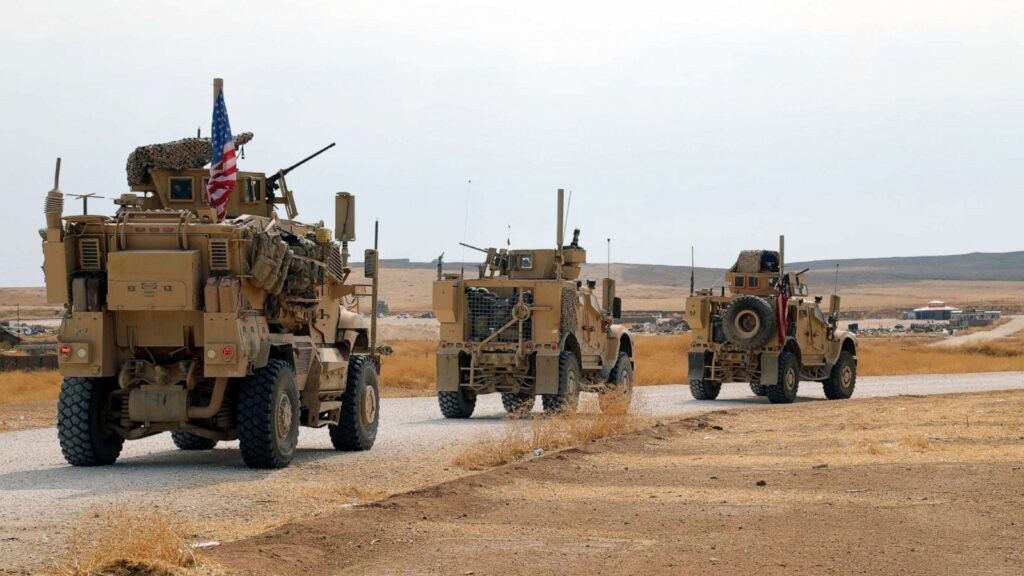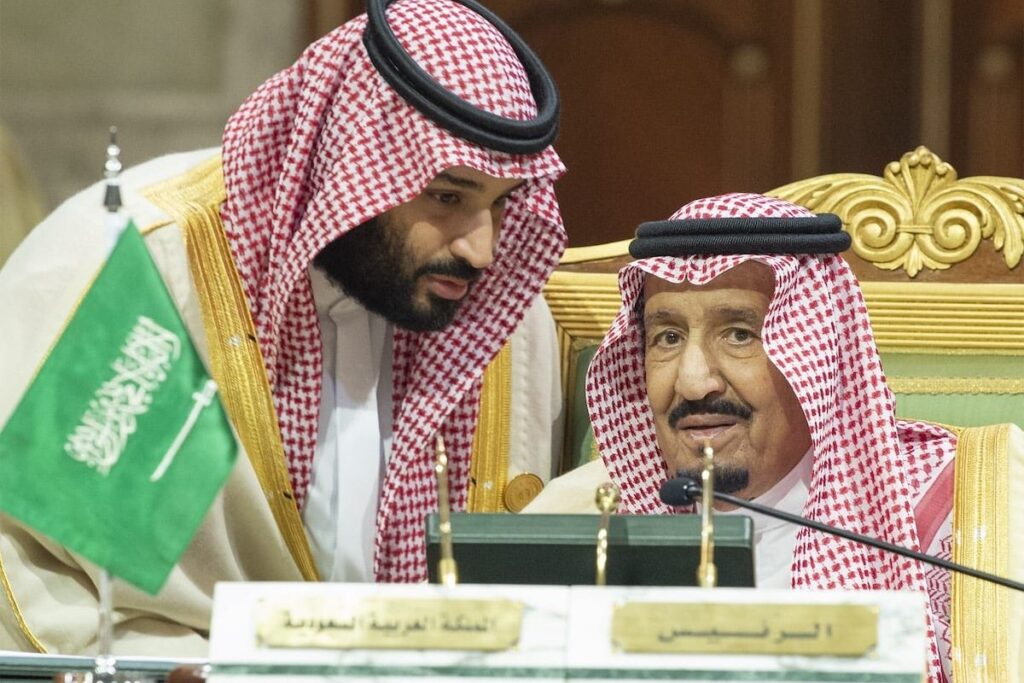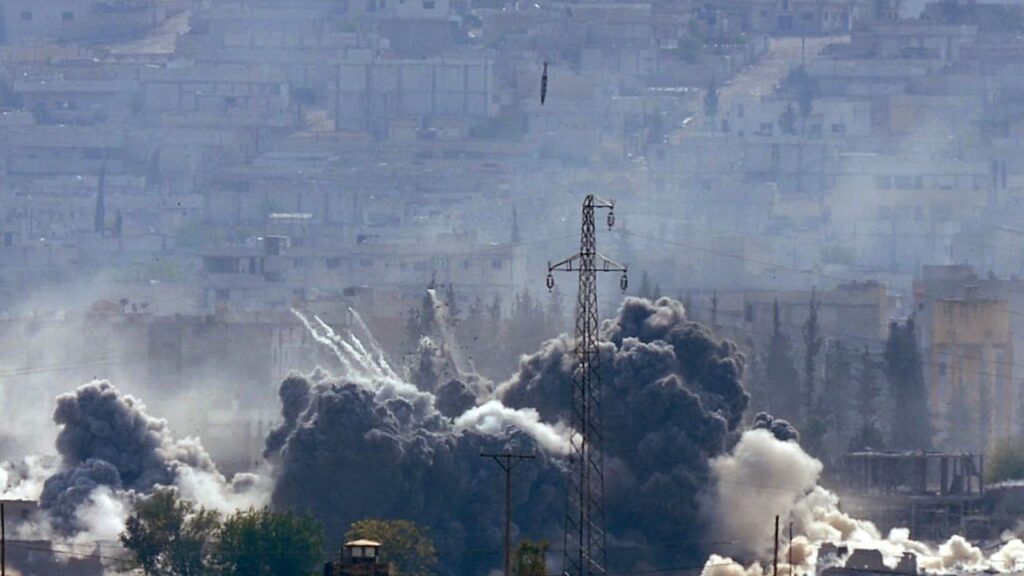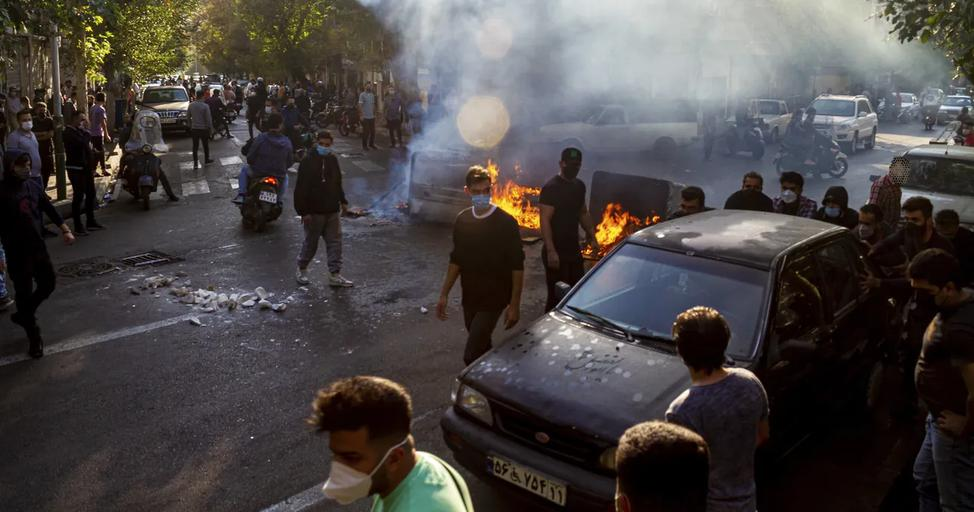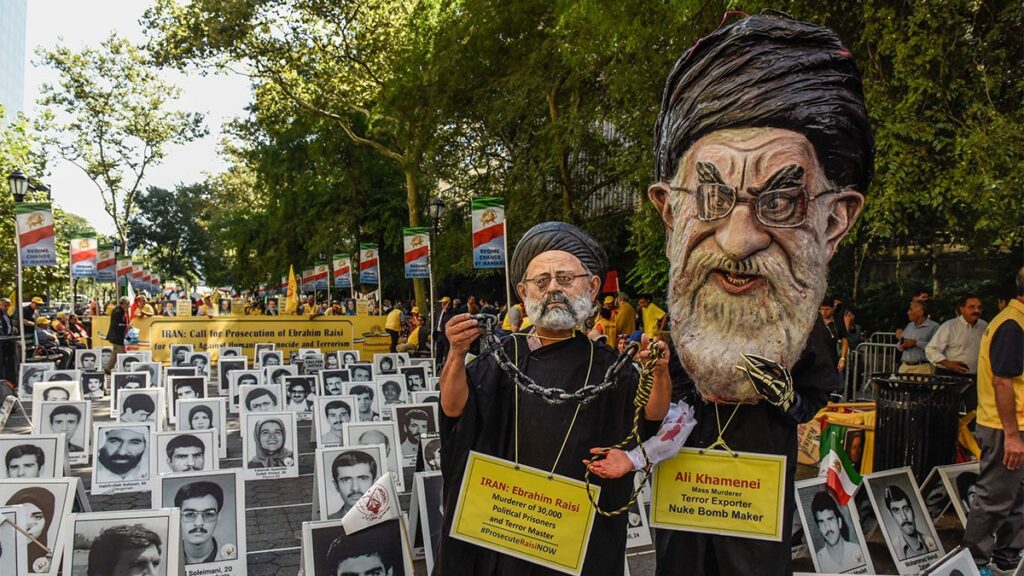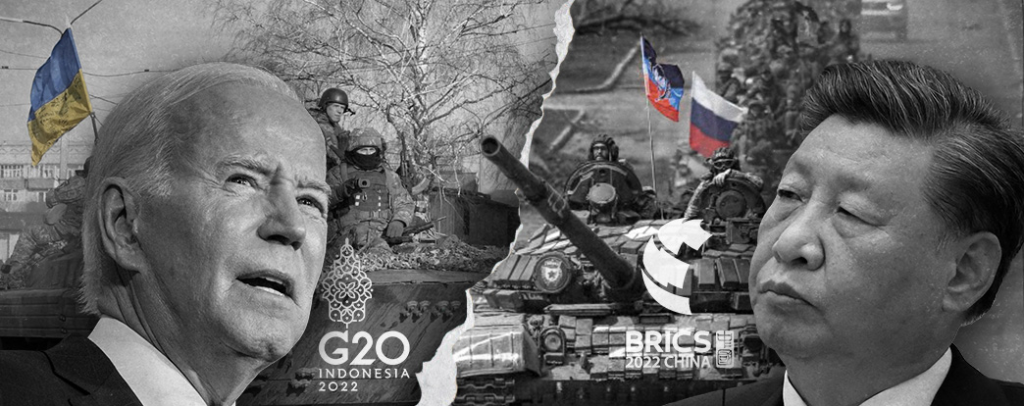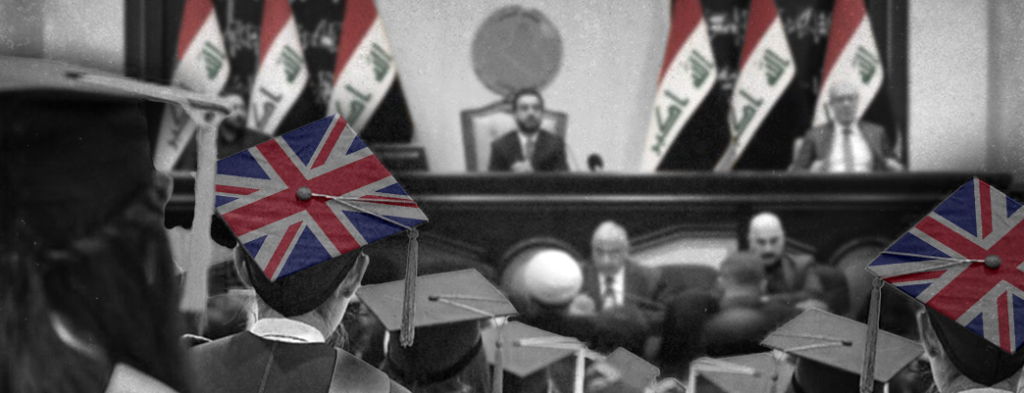‘PKK, US behind Istanbul bombing’: Turkish official

Turkey’s Interior Minister Suleiman Soylu said in a statement in parliament on 18 November that the Kurdistan Workers’ Party (PKK) was an arm of US intelligence and reiterated his earlier comments by denouncing Washington for its support for the Kurdish militia.

